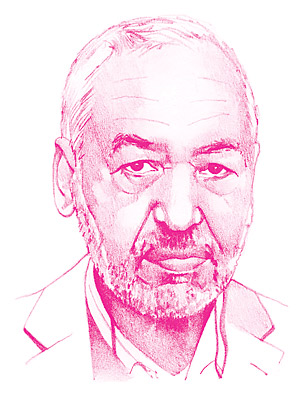
The Tunisian scholar-politician Rached Ghannouchi, once the enfant terrible of political Islam, is now widely hailed as its voice of sanity. When Ghannouchi, 70, returned home from a decades-long European exile last year after the Arab Spring toppled Tunisia's dictator, he quickly tamped down fears that the void left by President Zine El Abidine Ben Ali would be filled by radical Islamists seeking to take the North African nation back to medieval mores. Instead, Ghannouchi offered a vision of a moderate, modern and inclusive political movement that was nonetheless rooted in the Muslim faith. When his Ennahda party won a resounding election victory, Ghannouchi endorsed a secular election partner as President. He took no office for himself. Perhaps more important, he created a template that is already being emulated — with varying degrees of enthusiasm — by Islamist parties across the Arab world.
Ghosh is an editor-at-large for TIME